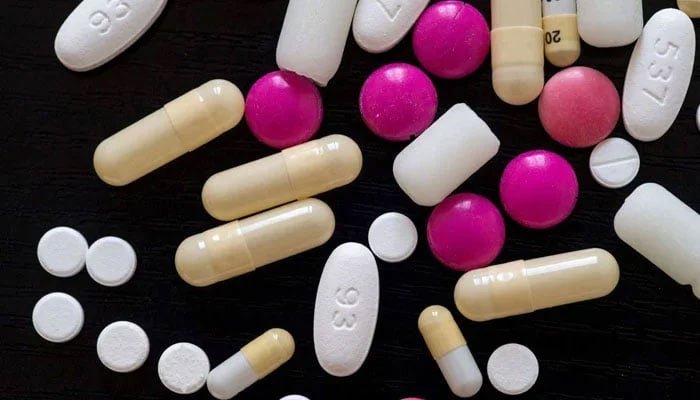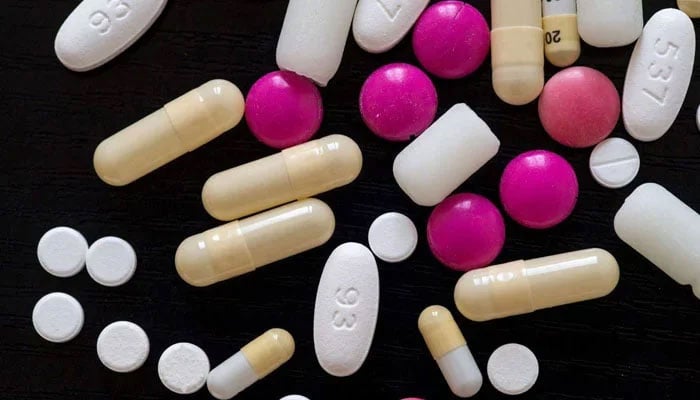Islamabad:In a major breakthrough to combat Pakistan’s growing crisis of counterfeit and substandard medicines, the Pharmacy Services & Drug Control (PS&DC) department of Islamabad Capital Territory (ICT) has equipped its field force with a state-of-the-art Raman Analyzer—a handheld device that can instantly detect spurious and fake drugs.
This marks the first time in Pakistan that drug inspectors have been provided such advanced molecular analysis technology to identify counterfeit pharmaceuticals in real-time at the point of sale.
The move is seen as a game-changer in the country’s ongoing struggle against the infiltration of fake medicines, which have long plagued the healthcare system due to the criminals’ ability to replicate original packaging and branding with alarming precision.
“This development is a landmark achievement for the federal capital and the result of a carefully planned strategy to modernize drug regulation,” said Sardar Shabbir Ahmed, Secretary of the Islamabad Quality Control Board, who prepared and presented the proposal for the procurement of the Raman Analyzer.
The initiative was approved under the Public Sector Development Program (PSDP) project titled Strengthening of the Drug Control ICT for Provision of Quality Assured Drugs to Public, with an allocation of Rs 312 million.
With over 1,400 registered drug sale establishments across Islamabad and only three drug inspectors currently in service, regulatory oversight has remained a daunting challenge. The addition of the Raman Analyzer—equipped with a built-in library of over 12,200 molecular structures—is expected to revolutionize the inspection process by enabling inspectors to scan and verify drug authenticity within seconds, reducing reliance on conventional and time-consuming laboratory testing.
“The analyzer allows us to flag suspicious medicines on the spot, prevent their circulation, and send them for detailed testing only if needed. This approach is not only faster but far more scientific,” Sardar Shabbir Ahmed explained.
Plans are underway to procure three additional Raman Analyzers along with five surveillance vehicles in the next phase, significantly expanding the department’s field capabilities. Furthermore, the recent recruitment of three additional Drug Inspectors and three Pharmacovigilance Officers is expected to reinforce regulatory enforcement in the capital.
Pakistan continues to face an uphill battle against spurious drugs, with reports of counterfeit antibiotics, life-saving medications, and even cancer drugs being circulated in the market. Experts have long argued that traditional enforcement mechanisms are insufficient to tackle this threat effectively, especially given the lack of rapid testing tools at the point of sale.
In recent years, PS&DC Islamabad has emerged as a model of regulatory reform, having introduced multiple first-of-their-kind initiatives. These include making pharmacist presence mandatory at retail pharmacies, enforcing strict prescription-only sales for controlled drugs, implementing cold chain tracking systems through data loggers, monitoring antimicrobial sales, and banning unauthorized wholesale drug operations in the capital.
Officials say these measures, combined with the deployment of high-tech tools like the Raman Analyzer, are positioning Islamabad’s drug regulatory framework as a national benchmark. “Our ultimate goal is to ensure that only safe, effective, and quality-assured medicines reach the hands of patients. With the latest technology and strong regulatory will, we are now better equipped than ever to make that happen,” said Sardar Shabbir.
As Islamabad raises the bar in drug surveillance and quality control, experts hope that similar models will be adopted across other provinces, where the menace of counterfeit medicines continues to threaten public health.



